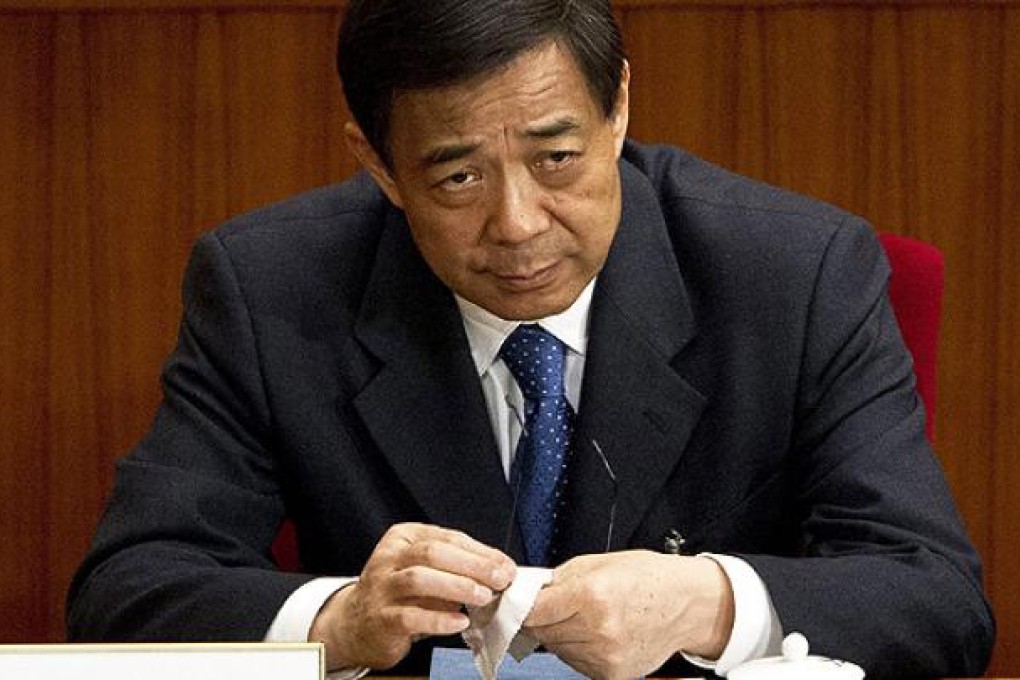Bo Xilai to face 'multiple' charges, expelled from Party
Politburo sets date for 18th Party Congress on November 8.

China’s ruling Communist Party accused disgraced politician Bo Xilai of abusing power, taking huge bribes and other crimes on Friday, sealing the fate of a controversial leader whose fall shook a leadership handover due at a congress from November 8.
The once high-flying Bo now faces a criminal investigation that stemmed from a murder scandal, and will almost certainly be jailed. With the Communist Party congress about six weeks away, further steps in the case could come before then, experts said, paving the way for a smooth transition of power.
“Bo Xilai’s actions created grave repercussions and did massive harm to the reputation of the party and state, producing an extremely malign effect at home and abroad,” the official statement from a party leaders’ meeting said, according to a report by the official Xinhua news agency.
Bo’s wife Gu Kailai and his former police chief Wang Lijun have both already been jailed over the scandal stemming from the murder of British businessman Neil Heywood in the southwestern municipality of Chongqing, where Bo was Communist Party chief.
The official statement carried by Xinhua said that in the murder scandal, Bo “abused his powers of office, committed serious errors and bears a major responsibility”.
Rumours that the party could deal Bo, the “princeling” son of a revolutionary leader, a light punishment have now been dealt a fatal blow, and accusations of womanising could further tarnish his reputation in the eyes of Chinese people.